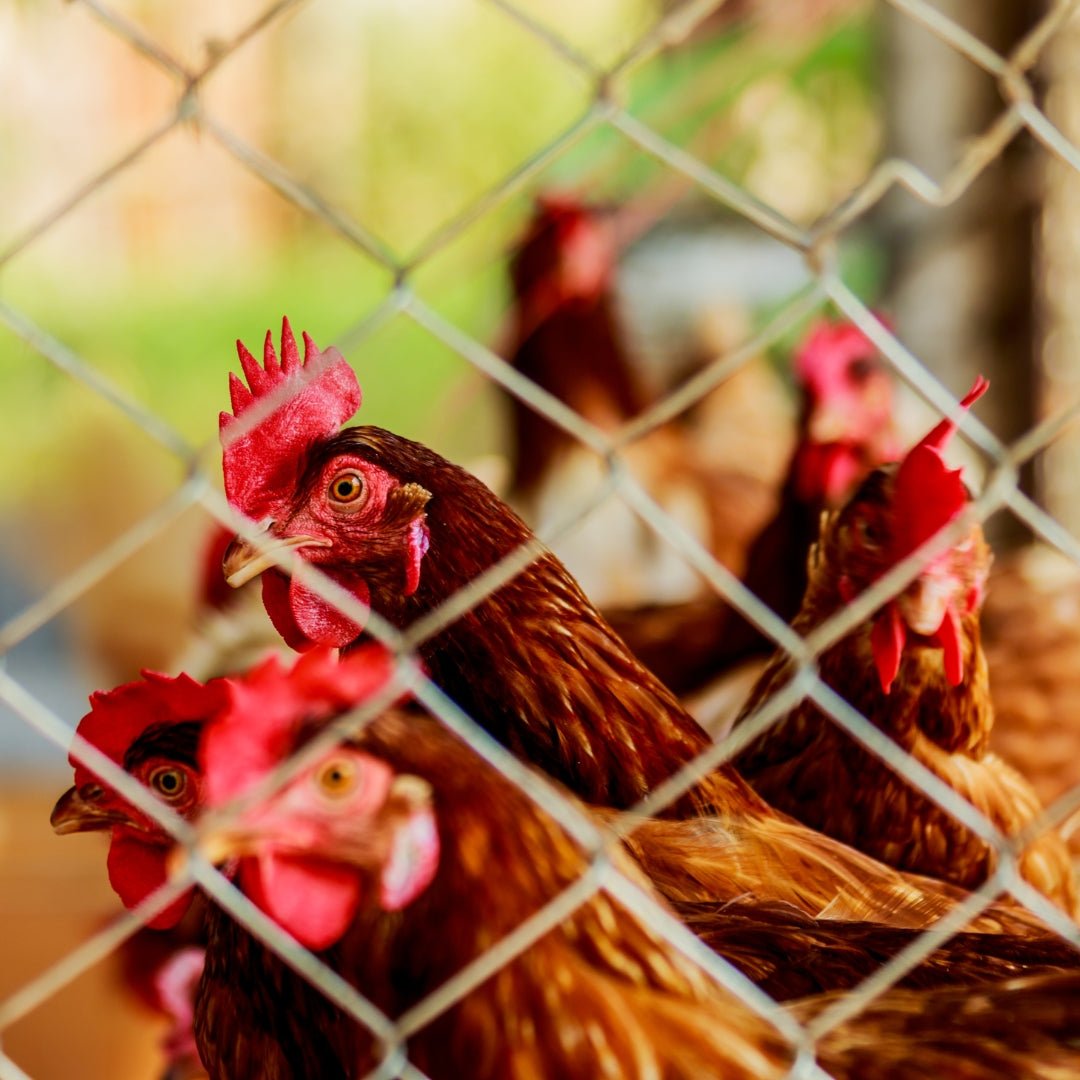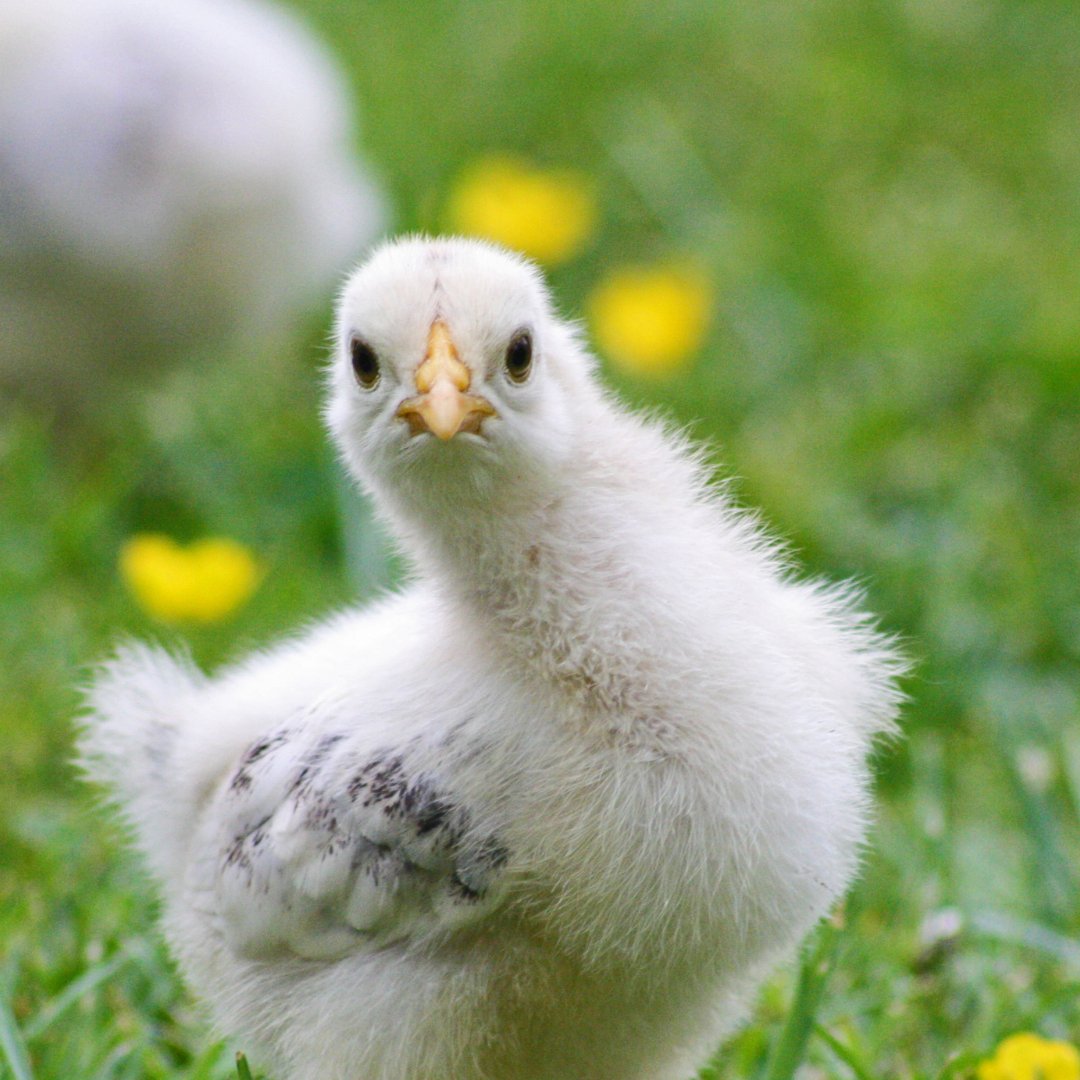With the arrival of spring, many of you are starting to incubate eggs! That's why I thought you would benefit from a short guide to help you manage nutrition at each stage of your chicks' lives.
As soon as your chicks emerge from their shells, they need a specific food called “ chick starter ”. It is usually a finely ground feed to aid digestion in young chicks, containing a high amount of protein to promote healthy growth. You can also add dried mealworms for an additional source of protein, not to mention supplements and vitamins to ensure better health for your chicks. You can use this starter diet for up to 6 weeks.
Then your chicks become adolescents, usually between 6 and 20 weeks old. At this age, chicks are called broilers or young layers. They can switch to a grower or grower/finisher feed. This food contains less protein than the starter food, but is still rich in nutrients to support their growth. You can also continue to feed them mealworms in small quantities, to give them strength, as well as better egg laying, and as a treat that they will enjoy for a lifetime.
From 20 weeks to adulthood: From this age, hens are considered adult laying hens. They need a specific laying food that contains balanced levels of protein, minerals and vitamins to support egg production. This food is also formulated to support eggshell health and overall egg quality. A dose of vitamins such as Poul-Vite is recommended during changes in temperature as well as electrolytes in the event of a heatwave.
In addition to commercial feed, chickens also benefit from access to constant clean water as well as sources of calcium, such as crushed oyster shells , to support egg shell formation. .



